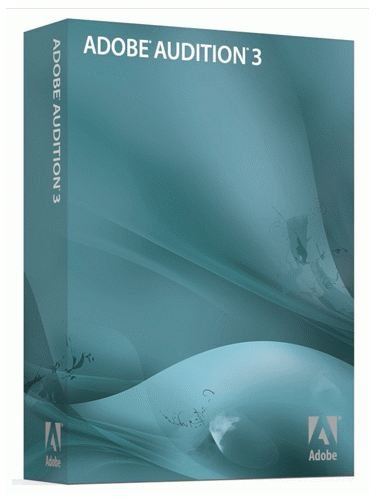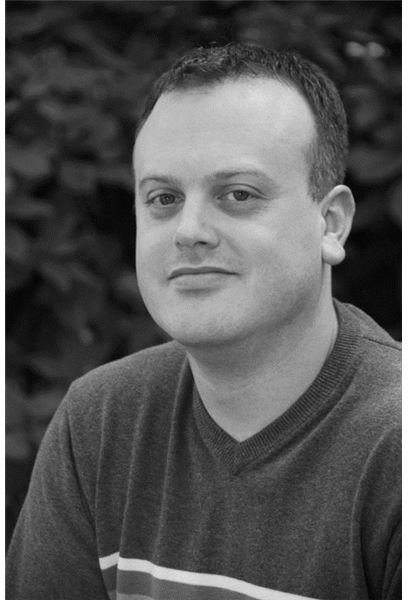How to Become a Voice Over Artist: Interview With Jeffrey Kafer, Professional VO Artist
Meet Jeffrey Kafer
Jeffrey Kafer, a former video game tester for Microsoft, is now a professional voice over artist and winner of the Best New Voice award from the Voicey Awards. Mr. Kafer graciously agreed to answer a few questions about his work process and the VO business.
How did you get started with the VO work? Do you have any formal experience such as acting, radio DJ, etc?
I started doing voice over work about 7 years ago as a side gig when I was working at Microsoft. I was working on a game called MechAssault 2 and the audio engineer needed scratch VO. This is placeholder VO used to help animators and designers get the right timing. I fell in love with being behind the mic and pursued all aspects of voice work. When the big layoffs of 2009 hit, I lost my job. Thankfully, I had built up enough of a client base that I was able to transition into VO work full time.
I don’t have voice over training per se, but I have 20+ years of theater acting, which is the most valuable kind of experience you can have. No matter what kind of voice over you’re doing, it’s acting. Having those fundamentals are invaluable.
How do you arrange audiobook narration deals? Is it with the author or the publisher or both?
Of the 30+ books I’ve produced and narrated, about half have been from independent authors and the rest for various publishers or distributors such as Audible and CrossRoad Press. I’m also a publisher with distribution channels through Audible and OverDrive, so a lot of authors see that as a good value add, being able to get the audiobook on the same online shelves as the major publishing houses.
The Voice Recording Process
What is your recording process like?
That depends on what I’m doing. Once I’ve got a contract or work order from the client, they send me the script. I read it over and make any notes or follow up with any questions. Then I record it and send it to the client via FTP or DropBox or YouSendit. Then I wait for feedback from the client. If they are looking for a different sound or want a different emphasis, I give them another take. As long as the script doesn’t change, I offer unlimited pick-ups until the client is satisfied.
Suppose you record an audiobook and the total running time is 8 hours. On average, how many hours of work do you put into creating that 8-hour finished product?
It’s a 4:1 ratio. So an 8 hour audiobook, fully produced, will take me at least 24 hours to do. Here’s why:
- I have to pre-read the book. This is especially important for fiction. Authors are notorious for introducing a character on page 2 and then describing how he talks on page 250. If I’ve been reading him with a British accent and it turns out he’s a Jersey longshoreman, I’m going to have a problem.
- The actual recording. I record a chapter at time.
- Editing. I do a rough edit of all the mistakes.
- Final edit and quality control. This is where I’m following along in the book while listening to the book. I have to fix any discrepancies between the book and the recording. No exceptions.
Voice Recording Software and Hardware

What equipment are you using now, such as your microphone, computer software, and so on?
I have an Audio Technica microphone plugged into a classic tube pre amp connected to a Windows machine running Adobe Audition. Nothing exciting. The signal chain is intentionally simple so that my sound is clean. The less boxes you have between you and the computer, the better.
Adobe Audition is often considered the best voice recording software on the market. What are some of the digital audio corrective measures you use to finalize your product, such as noise reduction, equalizers, etc?
For most of the work I do, the clients request dry since I’m not doing final post production. No EQ, no noise reduction, and no normalization. This goes back to the clean signal chain. I can provide clients with a high quality sound without the need for processing. This gives them the ability to do any post processing they need to on their end, which depends on the medium in which they are producing. Car commercials, for example, are big and loud. But in a nutshell, dry audio is what everyone wants so they can tweak it the way they need to.
The only time I do processing is for audiobooks. Audible has some parameters in which they prefer their audio. So I do some limiting at around -6db to cut the volume spikes and then boost the signal a bit so that it averages around -4db. This gives it a fairly even, uniform volume. Audiobooks are all about telling the story in a pleasant format. This isn’t a Britney Spears album, so it doesn’t need to be loud and dynamic and compressed into oblivion like the stuff you hear on the radio. Less is definitely more.
On Becoming a Voice Over Artist
Do you have any advice for those wishing to get into the VO field?
Don’t quit your day job. This is not meant to be rude, but truthful. It’s incredibly difficult to get started in this business simply because the competition is so great. It will take years to build up a stable of clients who come back to you.
My other piece of advice is to get training in both acting and business. Only about 10% of my time is spent behind the microphone. The rest of it is marketing, invoicing, accounting, customer service, and more marketing. You must have a strong foundation in running your own business. That makes the other 10% so critical. If in that 10% you can’t deliver what the client needs, then the business won’t matter, so get acting and theater training.
Where can people find out more about you and your services?
They can visit my main website at https://JeffreyKafer.com or my audiobook website at https://AudiobookVoiceover.com.
